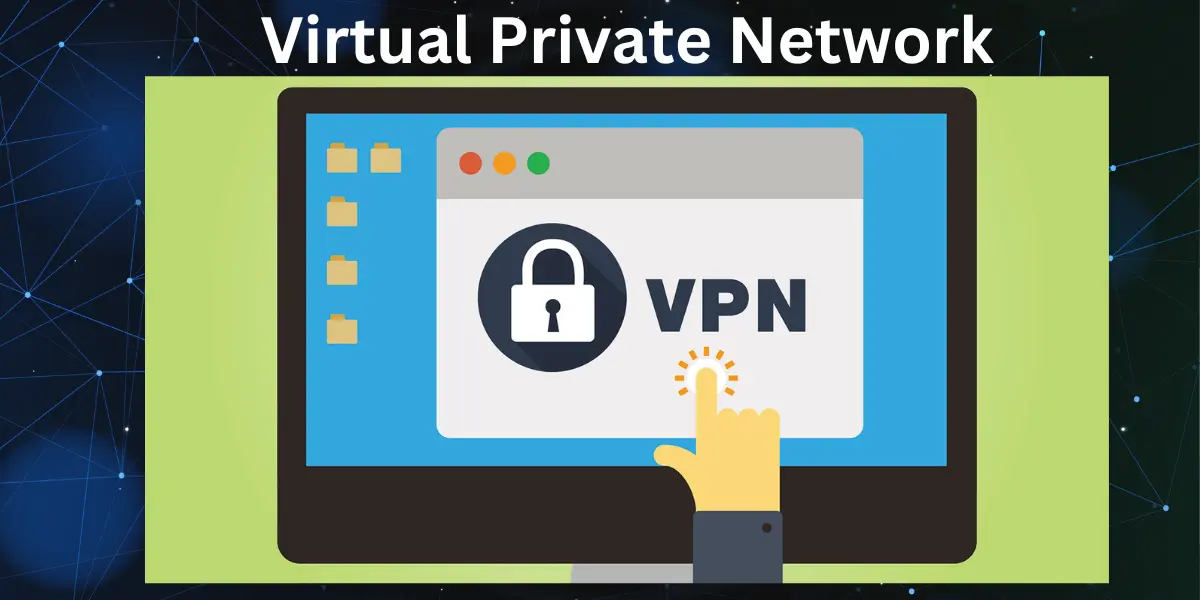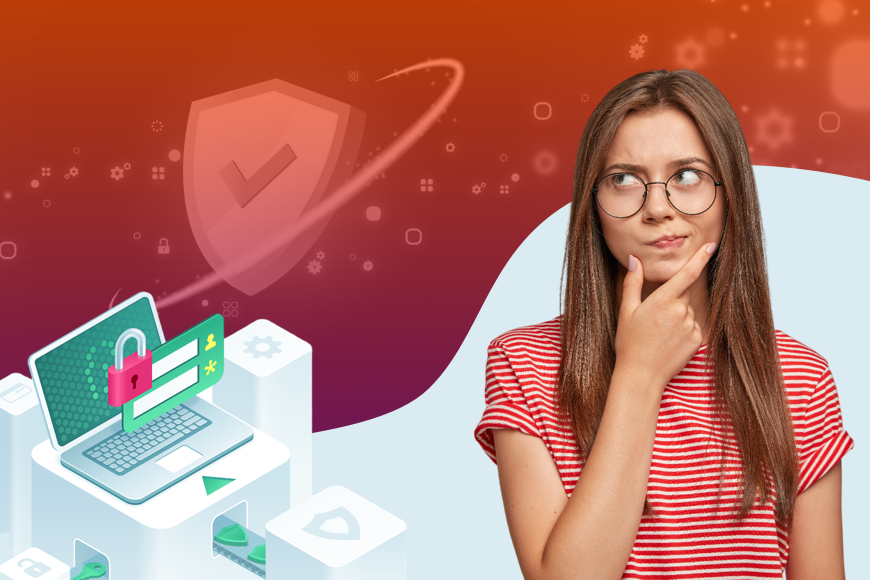In today's interconnected world, where data breaches and online threats have become alarmingly commonplace, safeguarding your digital presence has become a top priority. Enter the Virtual Private Network (VPN), a formidable tool designed to fortify your online defenses. But you may wonder, "Do I really need to use a VPN?"
Let us guide you through the intricate web of cyber threats and unveil the importance of incorporating a VPN into your digital armor.
What Is A Virtual Private Network (VPN)?
A Virtual Private Network is a technology that establishes a secure and encrypted connection over public networks, such as the Internet. Functioning as a digital shield, a VPN enables users to send and receive data as if they were connected to a private network, even when accessing the internet through potentially unsecured or vulnerable connections. Some of the VPNs are categorized as the fastest VPNs, but do you know what all these are? Don’t worry, we have got you covered - read our latest article to find out!

How Does A VPN Work?
A Virtual Private Network creates a secure link between your device and a server provided by a VPN service. This connection masks your IP address and encrypts your internet traffic, protecting your data from potential eavesdropping or surveillance. In addition, by routing your internet traffic through the VPN server, it appears you are browsing from a different location, allowing you to bypass geo-restrictions and access blocked content. Overall, a VPN enhances your online privacy and security by establishing a private tunnel for your internet activities, protecting your data and online identity.
Why Might You Need A VPN?
In today's interconnected digital world, the importance of a VPN cannot be overstated. It serves as a crucial guardian of your online privacy and security. A VPN acts as a vigilant shield, protecting your data from potential cyber threats and ensuring your privacy remains intact while you use a public network.
However, a VPN offers more than just protection. It bestows you the power to overcome the limitations of geographic boundaries, effortlessly accessing restricted content and expanding your online horizons. Moreover, a VPN employs advanced encryption techniques to fortify your online transactions, inhibit the efforts of cybercriminals, and preserve the confidentiality of your personal information.
Benefits Of Using A VPN
Protect Your Privacy Online
A VPN encrypts your internet traffic, shielding it from prying eyes and protecting your online privacy. In addition, it masks your IP address, making it tough for cyber criminals to track your online activities. One of the best-considered VPNs for privacy protection is the Windscribe VPN. Explore the detailed insight of the VPN with our comprehensive review.
Avoid Geo-Restrictions
You can easily bypass geo-restrictions with a VPN to access content that may be limited or unavailable in your location. By connecting to a server in a different country, you can appear to be browsing from that location.
Access Blocked Websites
VPNs allow you to access websites that may otherwise be blocked or censored in your region. Connecting through a VPN server can overcome these restrictions and freely browse the internet. One of the best-considered VPNs for accessing any blocked website is none other than Express VPN. Check out our detailed review to find out more about its benefits.
Secure Your Public Wi-Fi Connection
When using public Wi-Fi networks, a VPN adds an additional layer of security to encrypt your data. It prevents unauthorized access and protects sensitive information, such as passwords and financial details.
Improve Your Online Security
VPNs provide a secure tunnel for your internet traffic, safeguarding it from hackers, identity thieves, and other malicious actors. Additionally, it helps protect against cyber threats, especially when using untrusted networks.
Drawbacks Of Using A VPN
Slower Internet Speeds
Using a VPN can lead to a slight reduction in internet speed due to encryption and routing processes. However, reputable VPN providers aim to minimize this impact.
More Complicated To Set Up
Setting up a VPN may require technical know-how, especially manual configuration. However, most VPN providers offer user-friendly apps and straightforward installation processes.
Some VPNs Are Not Reliable
Not all VPN providers offer similar confidence in their reliability. Free or low-quality VPNs may suffer from inconsistent connections, frequent disconnections, or limited server availability. Therefore, choosing a reputable VPN provider for reliable performance is crucial.
Do You Really Need it?
Incorporating a VPN into your digital arsenal is wise in the digitalized world. It serves as a formidable shield, protecting your online privacy and security while granting you the freedom to navigate the internet without restrictions. With a VPN, you can confidently access public Wi-Fi networks, bypass geo-restrictions, and enjoy robust online security. While there may be minor drawbacks, the benefits of using a VPN far outweigh these considerations. By embracing the power of a VPN, you take control of your digital presence, ensuring your data remains private, your online activities are secure, and your digital freedom is preserved. Give it a try!

